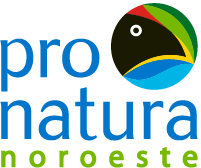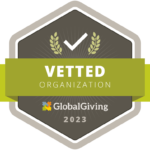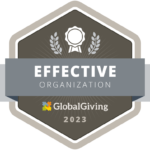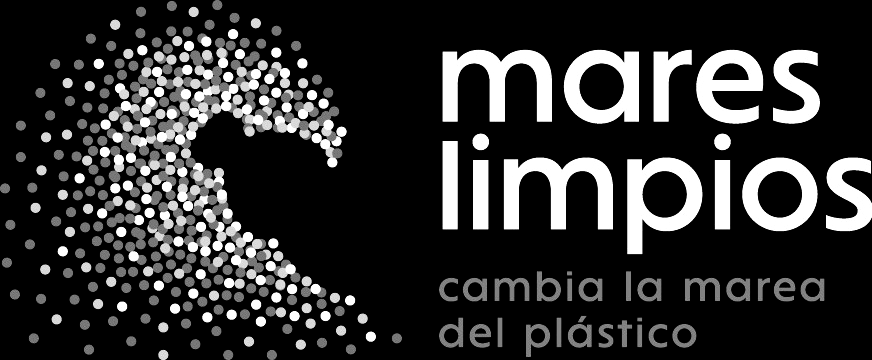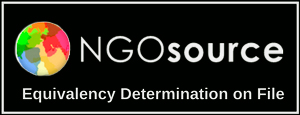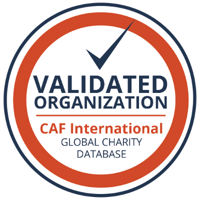Red Lobster (Panulirus interruptus) has been an important fishery resource for several centuries. In the 19th century, it was a common consumption commodity in Alta California and the west coast of the Baja California, just as it is today. The crustacean of unmistakable intense red exoskeleton, 30 cm long and weighing up to 12 kg, is highly demanded inside and outside the country for its peculiar flavor and nutritional contribution, being the most important fishery in Baja California.
A marine species highly sought by fishermen requires a solid conservation scheme. As Pronatura Noroeste, we are driven by our commitment to sustainable fishing practices, therefore we work closely with the women and men involved in the extraction of the resource.
To promote fishermen’s professionalization, from July 24 to 26, we provided workshops to 36 fishermen and fisherwomen from the towns of El Rosario and Santa Rosaliita, Baja California, to strengthen data transfer processes.
The workshop participants belong to fishing companies such as Sociedad de Produccion Rural Roeza de R.L., Sociedad Cooperativa Ensenada, and Sociedad Cooperativa Rafael Ortega Cruz. The workshop aimed to increase the capacity of the companies for them to compete in a sustainable manner in environmental terms and to certify their practices under the international Marine Stewardship Council (MSC) standard.
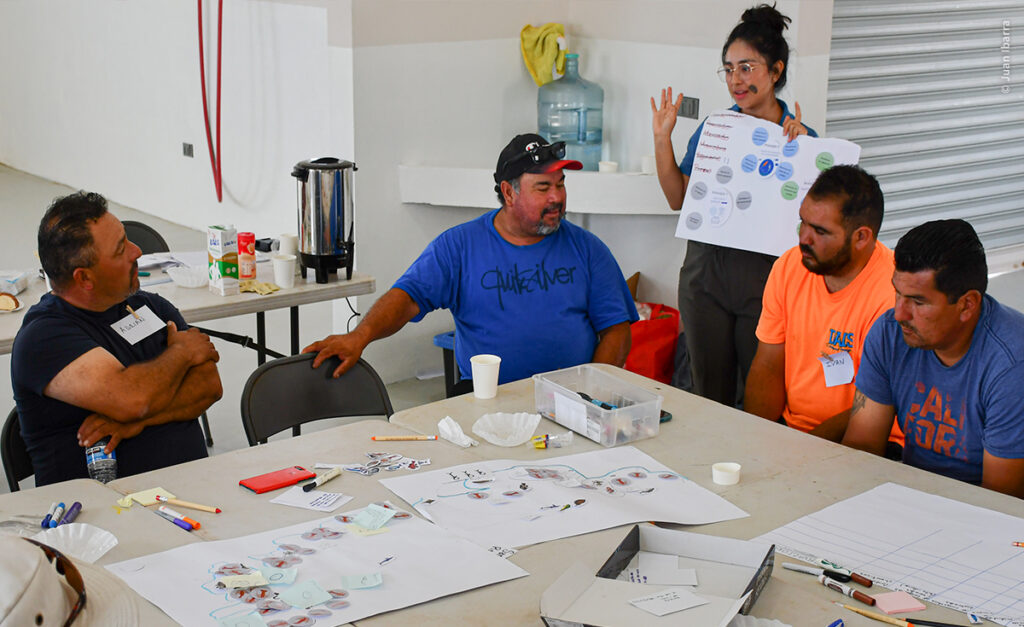
During the workshop, fishermen and fisherwomen understood the general structure of the international standard as an initiative to strengthen the quality of the information generated during fishing trips. Specifically, the importance of catch veracity and the interaction between this fishery and other species was emphasized.
Practices were also held to fill out official fishery logbooks, which will ensure the quality of the data collected. As a result, we will be able to assess the state of the fishery resource based on updated, science-based data. In this regard, Gabriela Ehuan, our Fisheries Improvement Project Coordinator in Baja California, pointed out that “training fishermen will be the most efficient way for those involved to be part of fishery governance, and jointly generate reliable management recommendations on the status of the resource”.
Participants agreed to designate a person in charge of monitoring the information, who shall share it with the National Institute of Fisheries and Aquaculture (INAPESCA), the government agency coordinating fishery management tools. Therefore, the link between Pronatura Noroeste, local fishermen and government institutions generates a citizen science and self-management model that can be replicated in other regions of the country.
With your support we will provide further training to fishermen to strengthen sustainable fisheries in Northwest Mexico.
